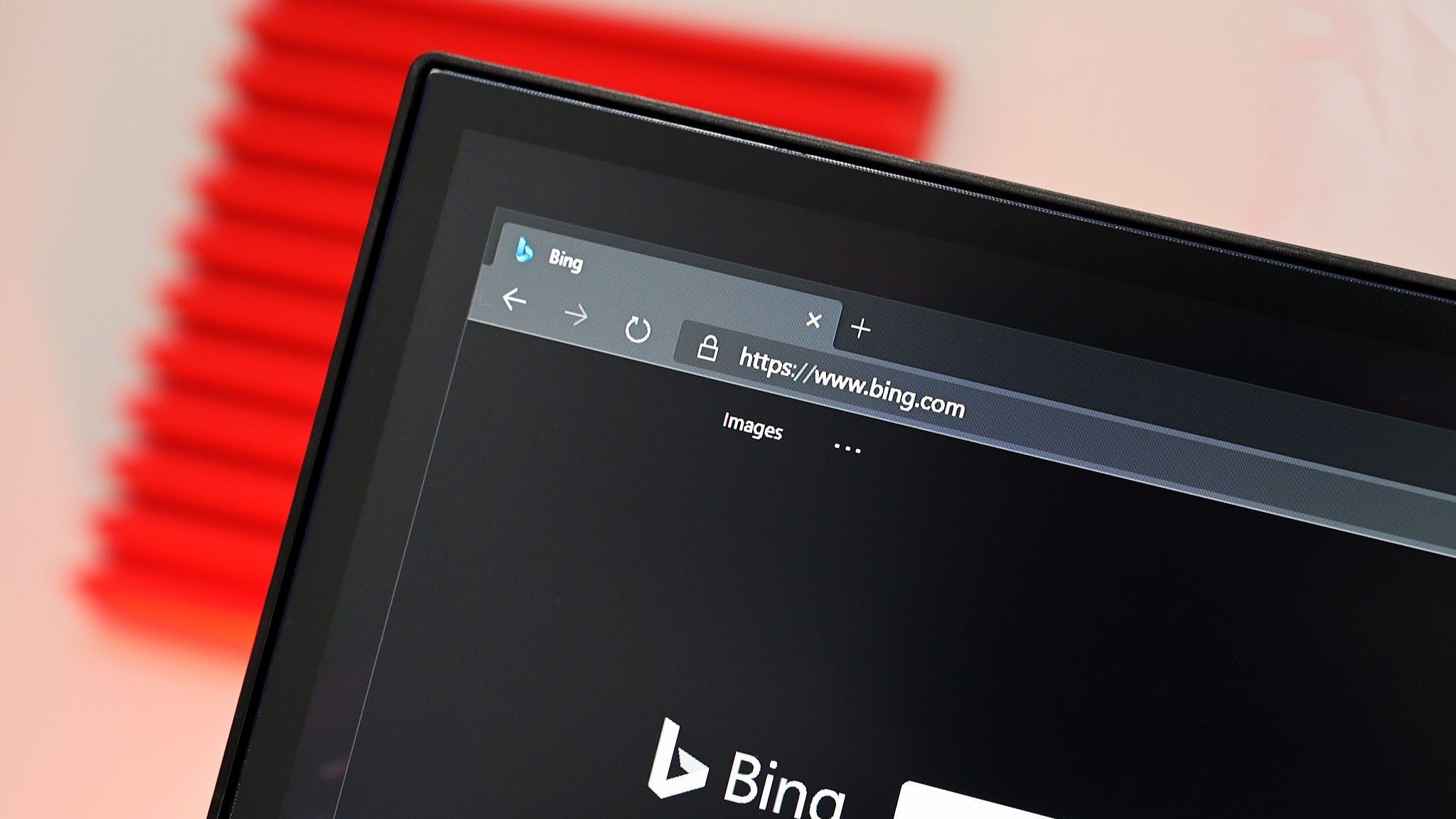
What you need to know
- Bing recently surpassed over 140 million daily active users.
- Microsoft attributes the growing interest in the platform to AI.
- Microsoft Edge and Bing were exempted from DMA regulation, presenting an avenue to capitalize on and potentially compete with Google on an even playing field.
Microsoft's Bing isn't the most popular search engine but has grown and evolved tremendously over the past few years. A considerable part of the change witnessed can attributed to the Redmond giant's big AI push on the platform.
Last year, the company announced that Bing had surpassed 100 million daily active users and attributed part of this success to the launch and integration of Microsoft Copilot (Bing Chat) into the platform. Microsoft just announced its impressive earnings for FY24 Q3, which featured increases in revenue, operating income, net income, and diluted earnings per share. CEO Satya Nadella indicated that AI played a major role in these achievements.
As it happens, Bing has also significantly grown during this period. During Microsoft's recent earnings call, the CEO indicated Bing had surpassed 140 million daily active users. This announcement means the platform has gained over 40 million daily active users in over a year after surpassing 100 million active users in March 2023.
“Bing reached over 140 million daily active users” 💅https://t.co/vqk8byRPtAApril 26, 2024
In the past few months, Microsoft has rebranded most of its products, including renaming Bing Chat to Copilot and Bing Image Creator to Image Creator from Designer.
Bing's time to shine

While Google continues to dominate the search landscape despite Microsoft's AI efforts in Bing, there's a golden opportunity for Bing to compete with Google on an even playing field.
Last year, while appearing in Google's antitrust court case, Microsoft CEO Satya Nadella indicated that Google doesn't play fair with Bing, further pointing out that Apple's deal with Google to use its search engine across its wide array of devices has negatively impacted Bing, to an extent he was willing to part with up to $15 billion annually to secure a similar deal with Apple, citing it would be a game-changer for Bing. Interestingly, Apple almost bought Bing from Microsoft, but critical quality issues thwarted the plans.
Elsewhere, the EU listed Google as a gatekeeper under the Digital Markets Act (DMA) and gave it six months to comply with the policies and regulations. The company recently highlighted the measures it had imposed, including allowing users to use the search engine or browser of their choice as default on an Android Phone.
The watchdog exempted Microsoft's Edge and Bing products from the strict DMA rules, citing that they aren't 'dominant enough' in digital markets and consequently do not warrant regulation. If only Microsoft could address some critical issues, it could scale to Google's heights and even supersede its success in various categories.







